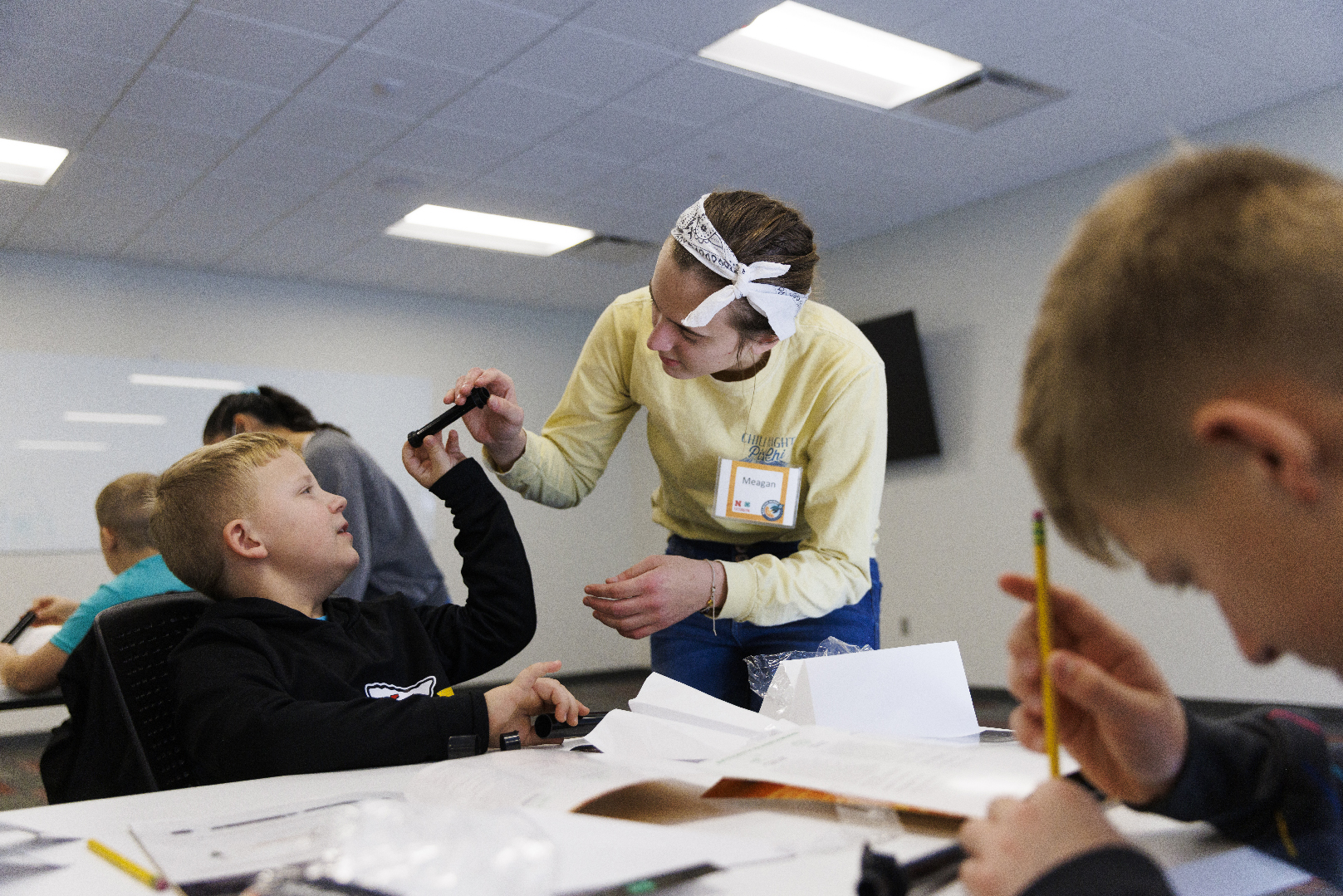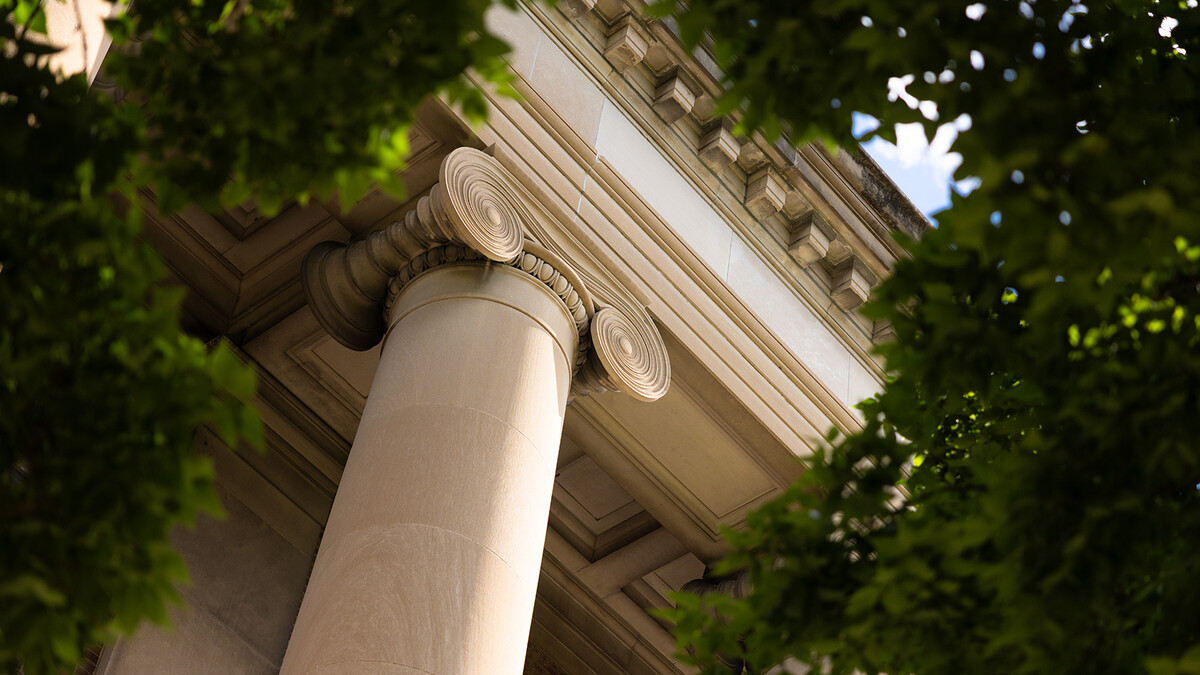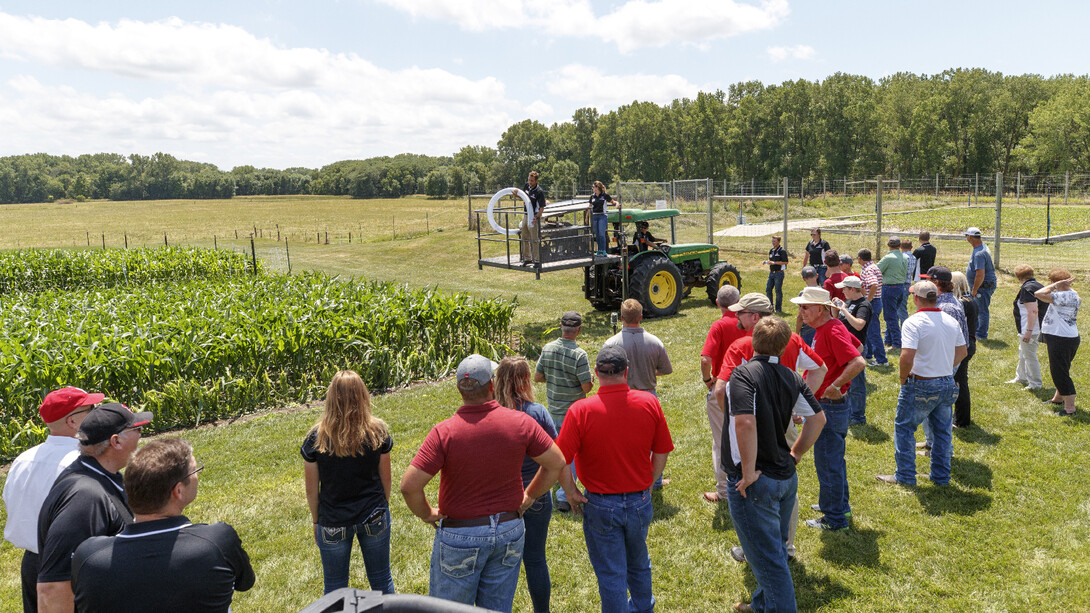
The Carnegie Foundation has recognized the University of Nebraska–Lincoln for excellence in community engagement, citing its wide-ranging outreach efforts across the state.
Nebraska is among nearly 400 U.S. universities that have received a community engagement classification from the foundation, including 40 in this round. The Carnegie organization designates universities for such achievement only after they provide an extensive review and documentation of their civic engagement activities.
“We recognize these institutions for their exceptional commitment to community engagement, and their work to transform knowledge into meaningful action,” said Timothy Knowles, president of the Carnegie Foundation for the Advancement of Teaching. “They exemplify the true spirit of the Carnegie endorsement and the power of serving the public good.”
The university’s outreach encompasses a broad range of departments and academic disciplines. Projects include STEM education for underrepresented youth, economic development, public health and the performing arts.
Receiving the designation will spur the university to hone its strategic vision for community engagement and build on its current efforts, said Kathleen Lodl, associate dean of Nebraska Extension.
“We see the designation as a springboard,” said Lodl, who led a team of faculty, staff and students that developed the university’s comprehensive documentation over 14 months. “It allows us to ramp up in places where we can do better, to bring more public presence to the engagement work that we’re doing, to reward those people who are doing it well and to really enhance our capacity in engagement.”
Anchoring community engagement as a university-wide priority is a key part of Nebraska’s N2025 strategic plan, a five-year plan launched in 2020. Community engagement efforts involve the full breadth of the university, Lodl said, with participation by “everyone from fine and performing artists to the hard sciences to the College of Law to ag science and natural resources.”
Chancellor Rodney D. Bennett said: “The Carnegie Engaged Campus designation is a testament to the University of Nebraska–Lincoln’s ongoing commitment to advance communities across Nebraska. This designation is a significant milestone in our university’s 154-year land-grant mission that includes engagement and outreach.”
Students in the Community and Regional Planning Studio Course provided an example by partnering with city leaders to provide economic development recommendations for Beatrice, David City and Syracuse. Students conducted extensive fieldwork, documenting and analyzing cities’ physical conditions, interviewing residents and compiling economic data.
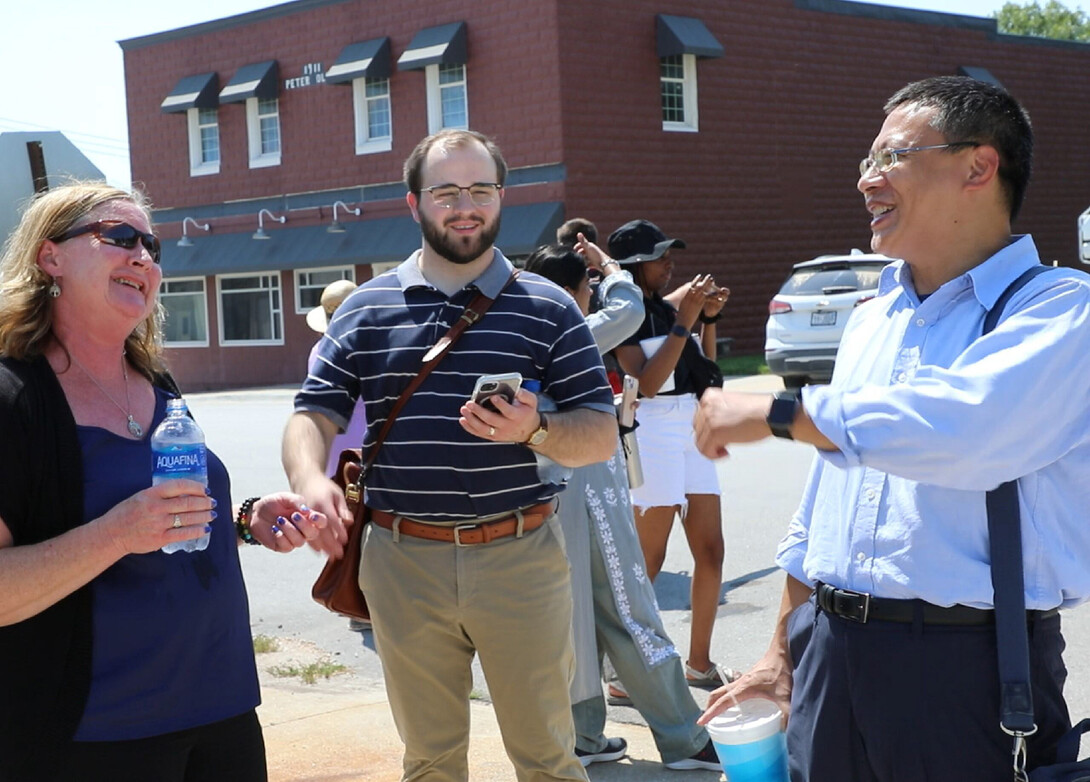
“The benefit of working with UNL on our downtown revitalization plan was the fresh ideas that the students brought,” said Tobias J. Tempelmeyer, Beatrice city administrator. “By living and working in the community every day, we can have difficulty seeing the forest through the trees. The students from UNL did a great job looking at our community from a different perspective. Our collaborative partnership with UNL was a great benefit to our community and will definitely have an impact on our future.”
Another example is the partnership between Lincoln Public Schools and IANR’s College of Agricultural Sciences and Natural Resources through FEWSS, or Food, Energy, Water and Societal Systems. That collaboration helps Lincoln Northeast High School incorporate information on those topics into the school’s curriculum and activities.
As a result, teachers and students now appreciate that 21st-century agriculture “is so much more broad when you get into the food sciences, the biochemical studies, the engineering components,” said Ben Haney, an associate principal at Northeast. FEWSS, he said, has “really opened students’ eyes to all the post-high school possibilities out there in food, energy, water and societal systems.”
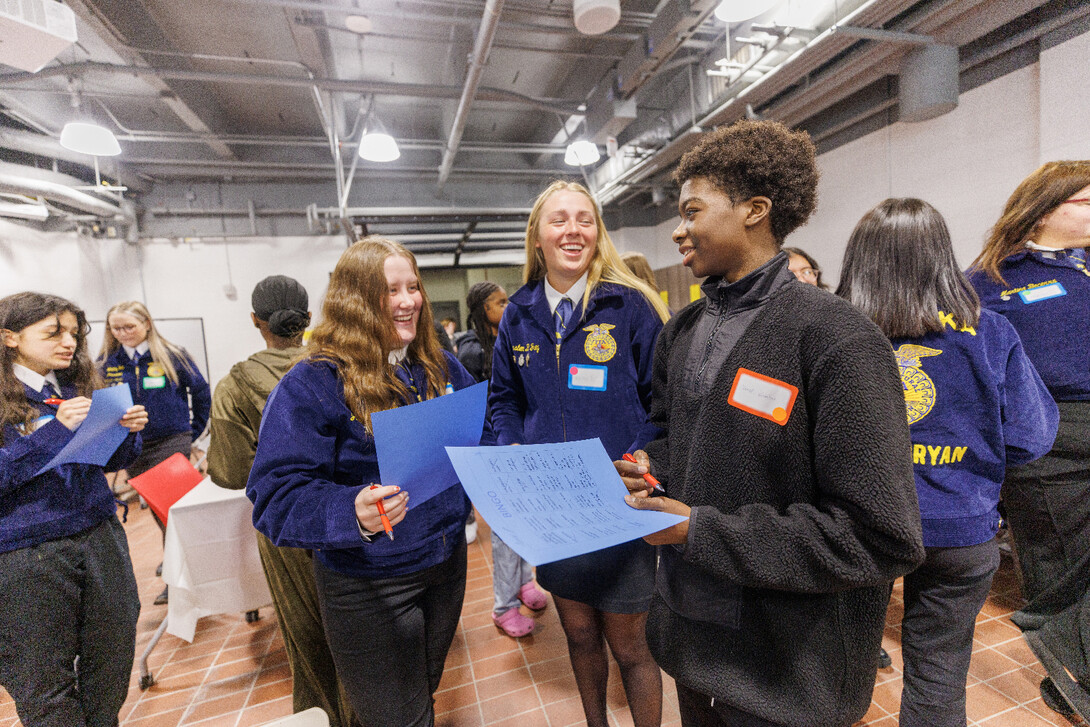
University of Nebraska College of Law faculty and students pursued major outreach through the Housing Justice Program, working with community service providers to provide free legal representation to tenant families facing immediate eviction from their homes. The project helps connect tenants to other community and social services resources to avoid eviction and homelessness. More than half the volunteers in Lancaster County are Nebraska law students.
Through the efforts of volunteers, including Husker faculty and students, the work has helped keep more than 2,000 Nebraska families in their homes.
Another collaboration is the Minority Health Disparities Initiative, involving a Husker partnership with local nonprofits and public health staff. The project studied and reported on factors that lead to reduced vaccination rates among Nebraska’s non-white populations, including Latinx communities. Nonprofit partners, such as El Centro de Las Américas, were then able to draw on the analysis to make adjustments in clinic strategy to increase vaccination rates.
Visual arts and environmental awareness were the focus of the weeklong Stay Wild arts program in Alliance. Husker students helped summer camp students in the western Nebraska community explore arts activities and learn about endangered animal species.
“It is incredible that we have a UNL art professor that is willing to travel six hours across the state to contribute not only to the beautification of our community, but to the educational development of youth in a rural community,” said Kyren Gibson, executive director of Alliance’s Carnegie Arts Center, referring to Sandra Williams, associate professor of art.
“For decades, UNL has an incredible platform for community engagement through Nebraska Extension and our research sites across the state,” said Mike Boehm, NU vice president and Harlan Vice Chancellor for the Institute of Agriculture and Natural Resources. “The process of seeking this designation has provided an opportunity to think creatively about new ways we can partner with communities in Nebraska and beyond, now and in the future.”
Lodl agreed.
“This is an exciting designation, absolutely, and it’s just the beginning,” she said. “Nebraskans can expect more, and we will continue to work hard at this. This is the catalyst. This will allow us to do this even more, purposefully.”
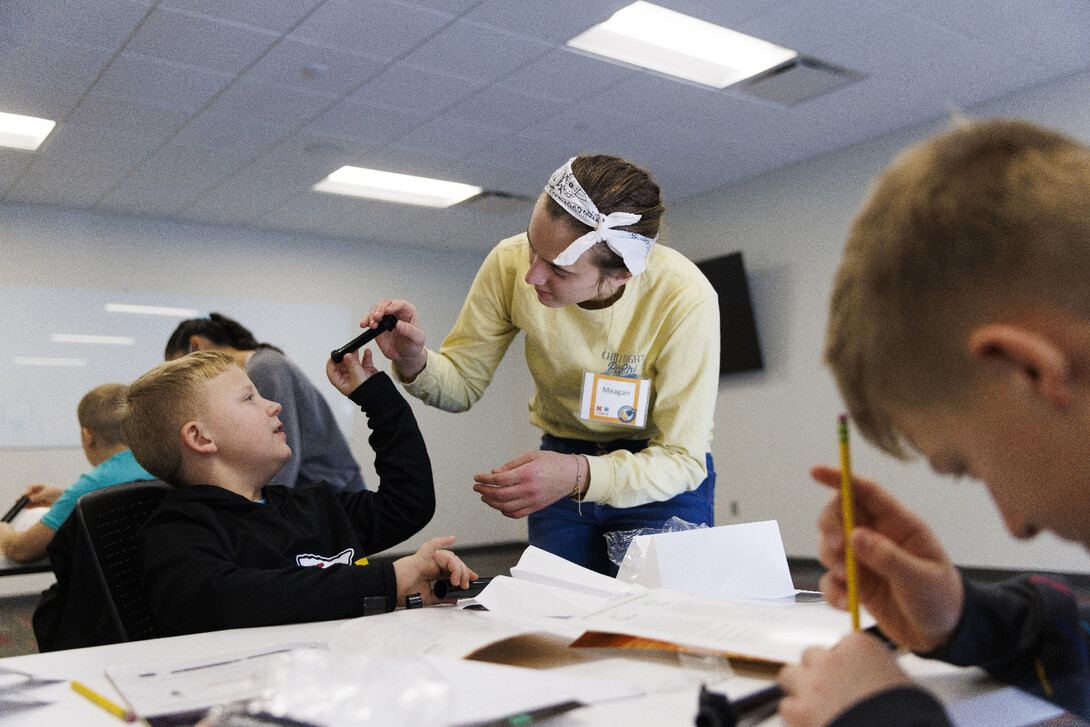
Share
News Release Contact(s)
Related Links
Tags
High Resolution Photos
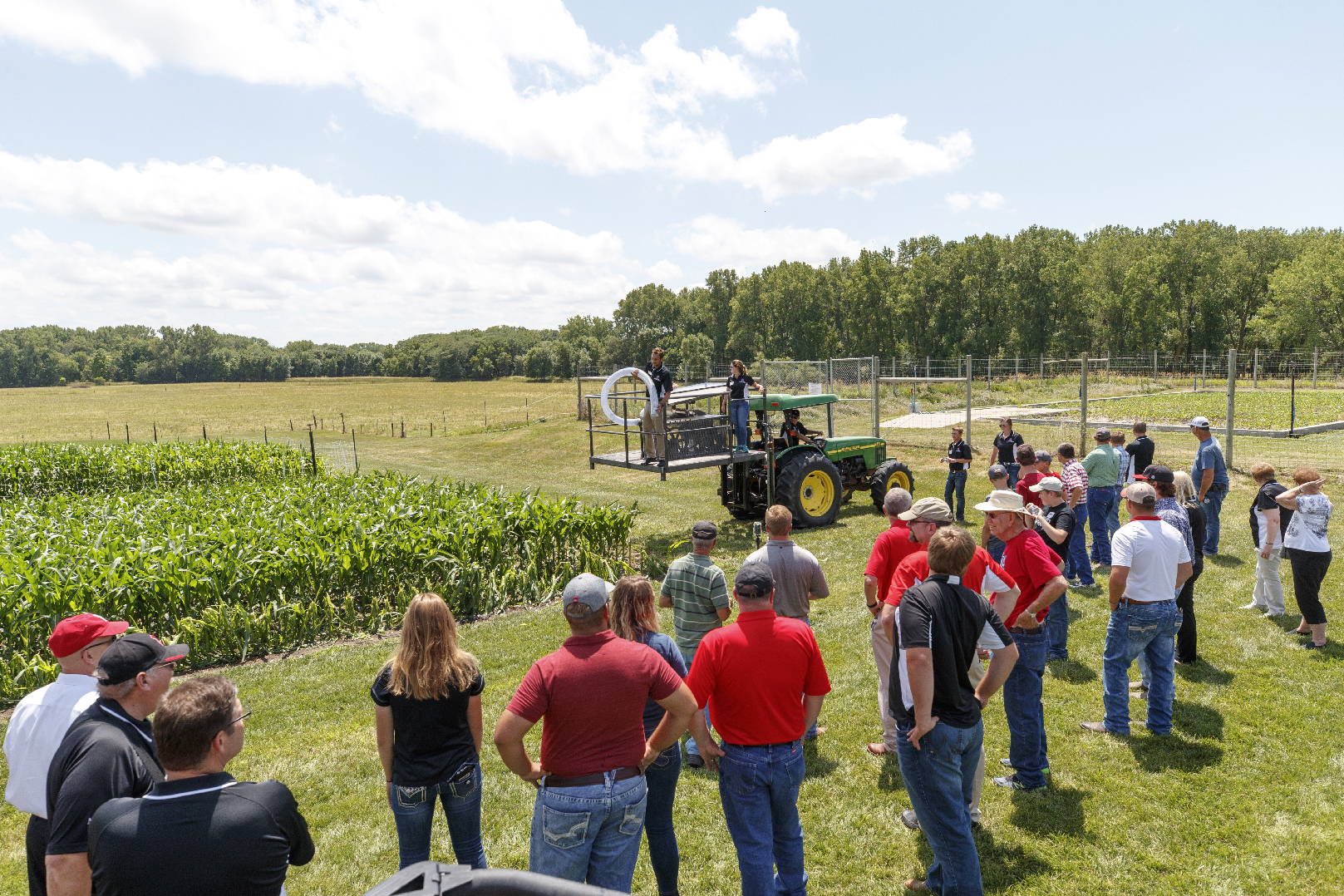
HIGH RESOLUTION PHOTOS
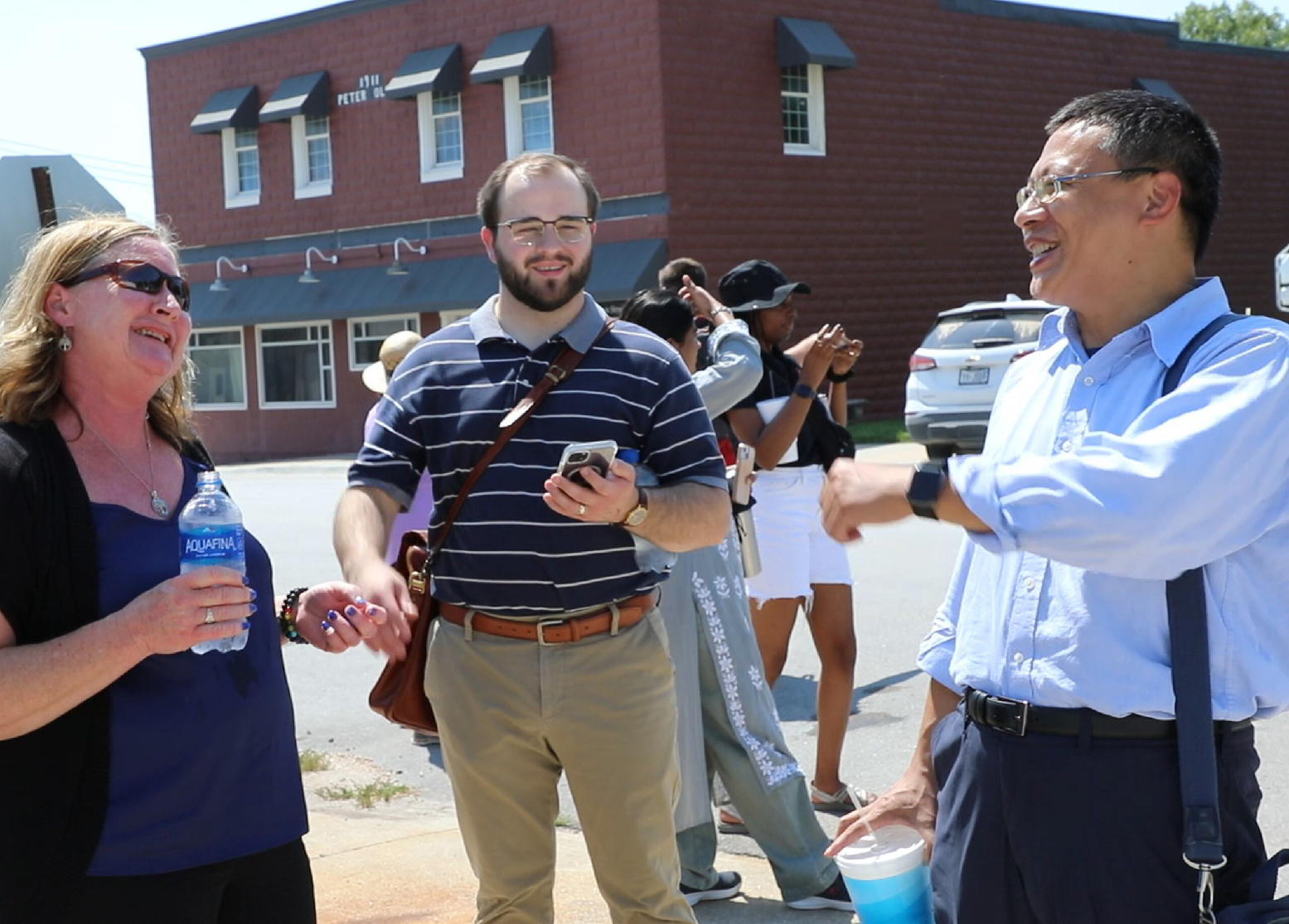
HIGH RESOLUTION PHOTOS
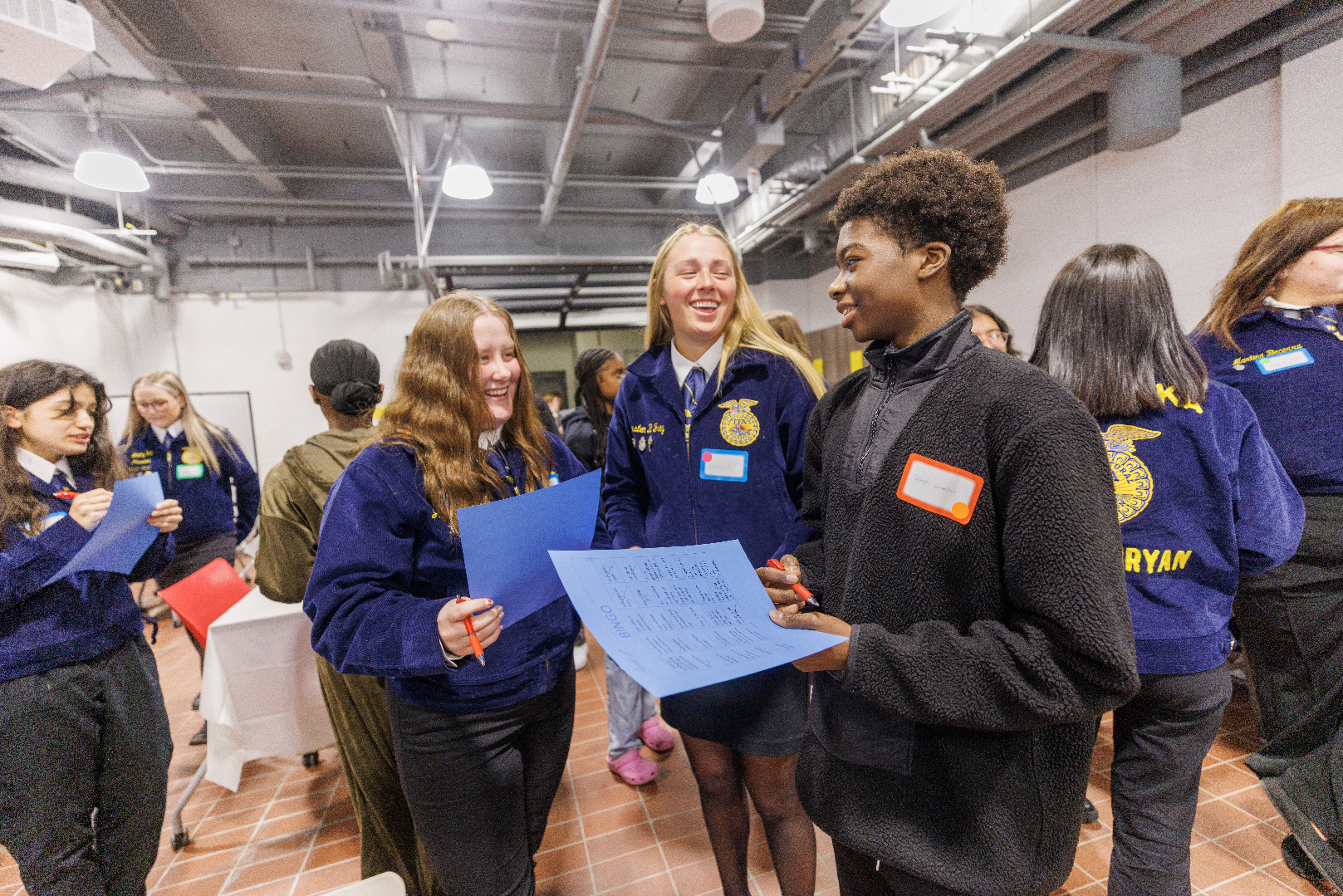
HIGH RESOLUTION PHOTOS
